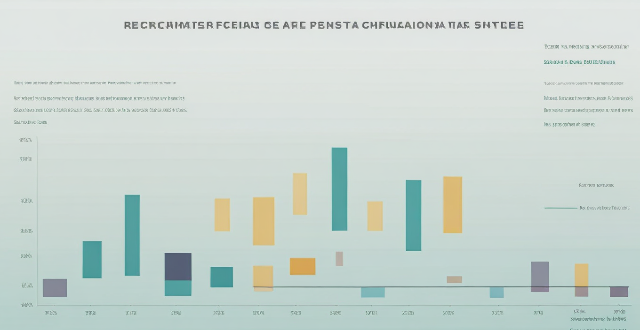Financial regulators worldwide play a pivotal role in maintaining the stability and integrity of the global financial system. Key institutions include the SEC, Fed, CFTC, and FINRA in the US; ECB and ESMA in the EU; BoE and FCA in the UK; BoJ and FSA in Japan; and PBOC and CBIRC in China. The Basel Committee on Banking Supervision and IOSCO also set global standards for bank regulation and securities markets, respectively. These regulators collaborate to address cross-border issues and enhance the health and integrity of the global financial system through implementing regulations, monitoring market activities, promoting transparency, and taking action against illegal or unethical practices.

Who are the main financial regulators in the world?
Financial regulation is crucial for maintaining stability and integrity within the global financial system. Various institutions have been established worldwide to oversee and manage different aspects of the financial sector, ensuring that markets operate efficiently and fairly while protecting investors and consumers. Here's a look at some of the key financial regulators around the globe:
In the United States
- Securities and Exchange Commission (SEC)
- The SEC is responsible for protecting investors, maintaining fair, orderly, and efficient markets, and facilitating capital formation.
- Federal Reserve System (Fed)
- Often referred to as the "Fed," this institution plays a central role in monetary policy, supervising and regulating banks, and maintaining the stability of the financial system.
- Commodity Futures Trading Commission (CFTC)
- The CFTC regulates the U.S. derivatives markets, including futures and swaps, to ensure transparency and to protect market users.
- Financial Industry Regulatory Authority (FINRA)
- FINRA is a non-governmental self-regulatory organization that oversees the securities industry in the U.S., focusing on brokerages and trading activities.
In the European Union
- European Central Bank (ECB)
- The ECB is responsible for the Eurozone's monetary policy and works towards price stability. It also supervises credit institutions.
- European Securities and Markets Authority (ESMA)
- ESMA ensures that EU legislation in the fields of securities and markets is consistently applied across all member states.
In the United Kingdom
- Bank of England (BoE)
- The BoE is the UK's central bank and manages monetary policy while also acting as the lender of last resort.
- Financial Conduct Authority (FCA)
- The FCA focuses on consumer protection and regulates financial services firms in the UK, from banking to insurance.
In Japan
- Bank of Japan (BoJ)
- As Japan's central bank, the BoJ conducts monetary policy and oversees the country's financial system.
- Financial Services Agency (FSA)
- The FSA regulates and supervises banking, securities, and insurance industries to maintain financial stability.
In China
- People's Bank of China (PBOC)
- The PBOC is China's central bank and is responsible for formulating monetary policy and safeguarding financial stability.
- China Banking and Insurance Regulatory Commission (CBIRC)
- This body regulates and supervises both the banking and insurance sectors in China.
Global Perspective
- Basel Committee on Banking Supervision
- Part of the Bank for International Settlements (BIS), the Basel Committee sets global standards for bank regulation and supervision.
- International Organization of Securities Commissions (IOSCO)
- IOSCO promotes international cooperation among regulators and develops standards for securities markets.
These regulators work collaboratively to address cross-border issues and to enhance the overall health and integrity of the global financial system. Their roles include implementing and enforcing regulations, monitoring market activities, promoting transparency, and taking action against illegal or unethical practices.